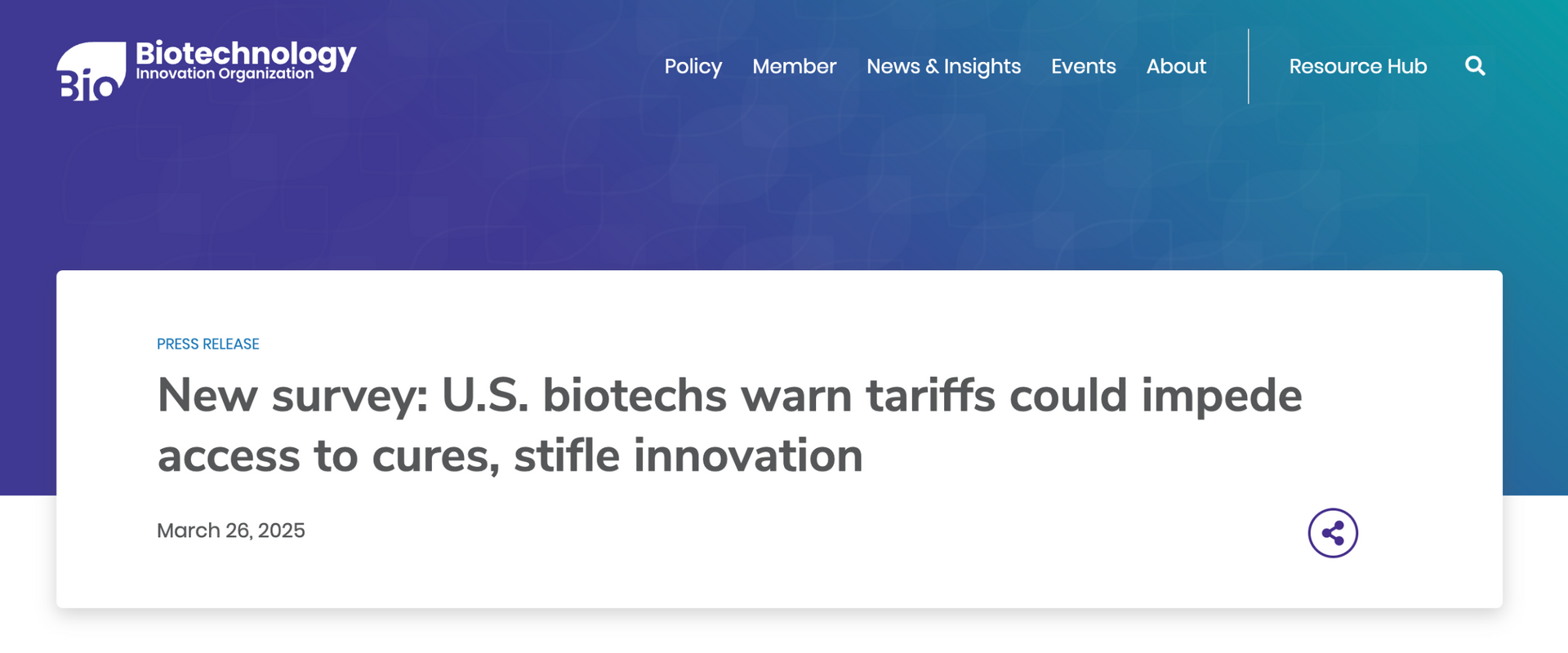Transpharm Preclinical Solutions: Pioneering Infectious Disease Research from Jackson, MI, with a Global Reach
From Adversity to Global Leader in Infectious Disease Research

On January 22nd, 2007, Pfizer Global Research and Development in Ann Arbor closed its doors, resulting in thousands of job losses. Just two days later, Dan Ross established TransPharm Preclinical Solutions.
Determined to continue working in the field and remain in Michigan, a place he had always called home, Ross located the new Infectious Disease CRO in Jackson, MI. Despite skepticism from many, TransPharm has collaborated with companies in 15 countries and generated over $23 million in revenue over 16 and a half years, conducting over 2,000 studies with a team of no more than 10 people, including three former Pfizer employees.
TransPharm is AAALAC accredited and a PHS assured facility, utilizing Clean Room bioBubbles to limit cross-contamination. The company’s niche is working exclusively with infectious disease animal models. Companies developing new drugs to combat bacteria, fungi, viruses, or parasites rely on TransPharm for efficacy data. The team of passionate scientists is dedicated to delivering high-quality data.
Over the years, TransPharm has gained recognition, appearing on ABC World News Tonight, being selected as one of Michigan’s 50 Companies to Watch, and being featured in Crain’s Detroit Business. Ross was also a finalist for Ernst and Young’s Entrepreneur of the Year and, locally, the company was named Business of the Year in 2014.
Ross reflects on his long career in the business, noting that he is now old enough to take drugs he worked on years ago. This, in his opinion, underscores the importance of the work, which has saved lives, including his own.
RECENT ARTICLES




